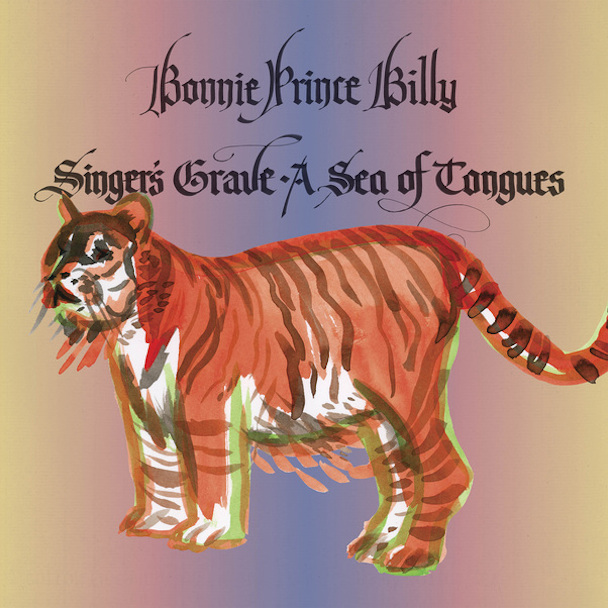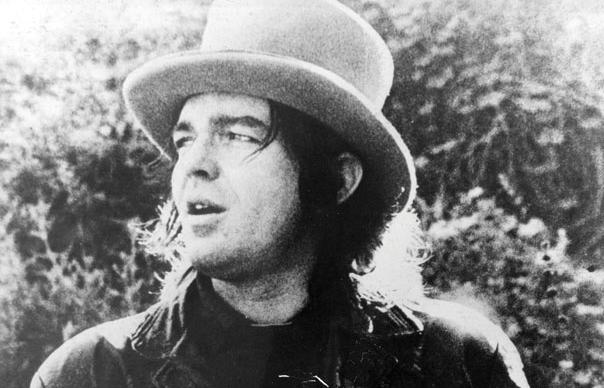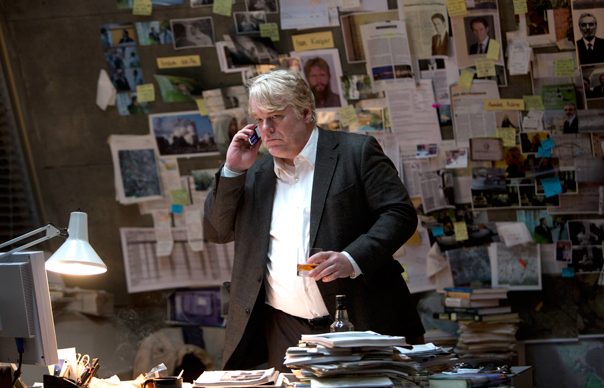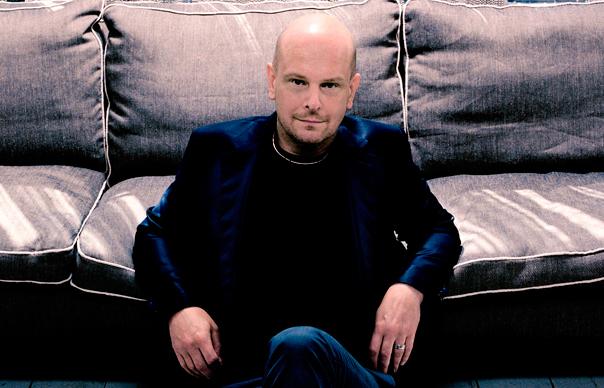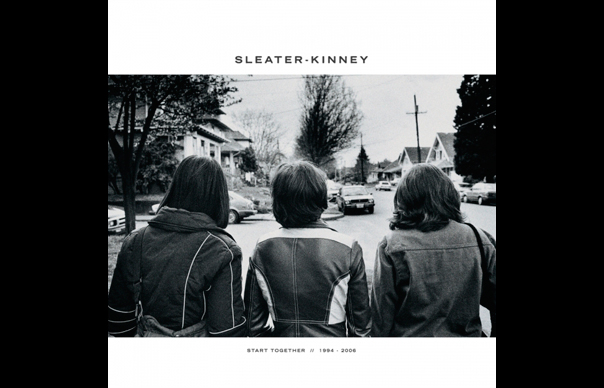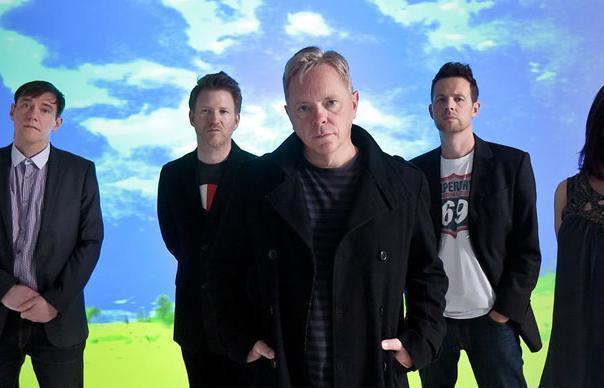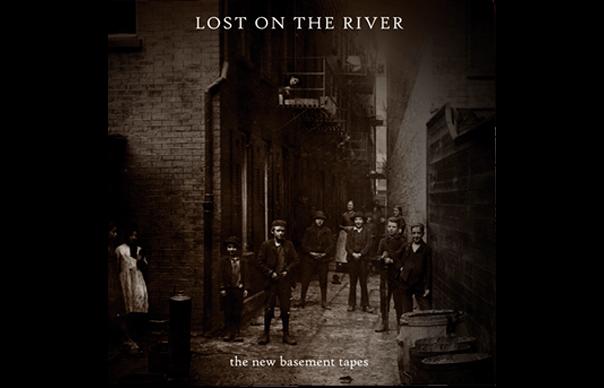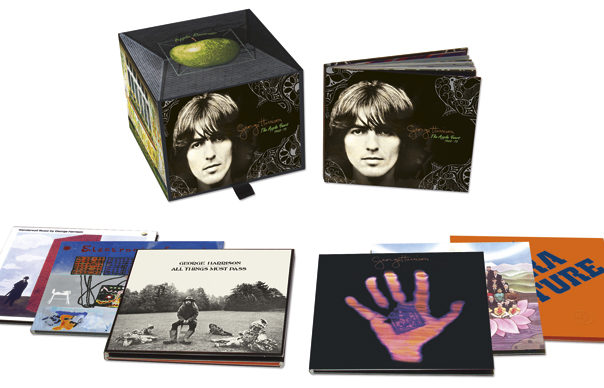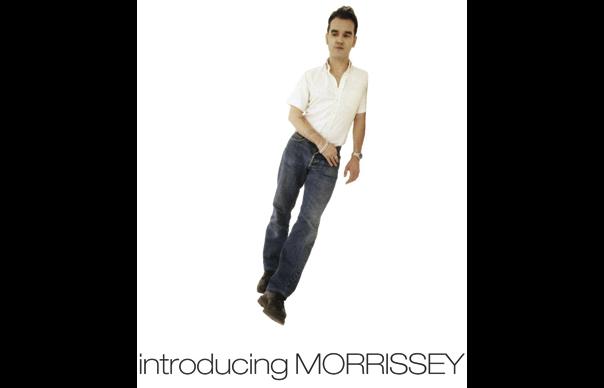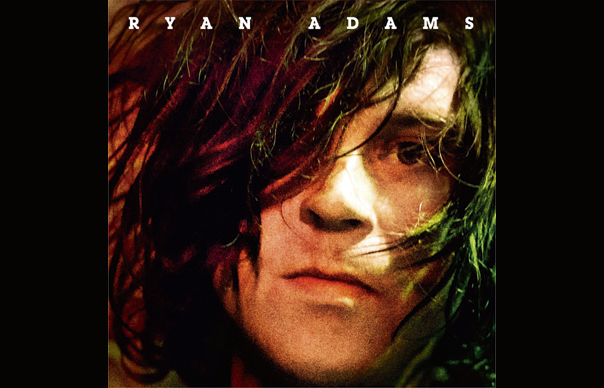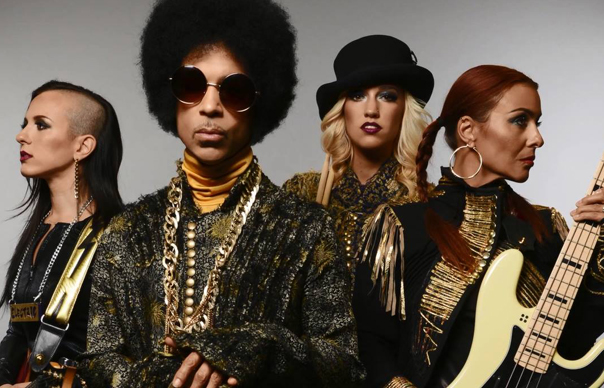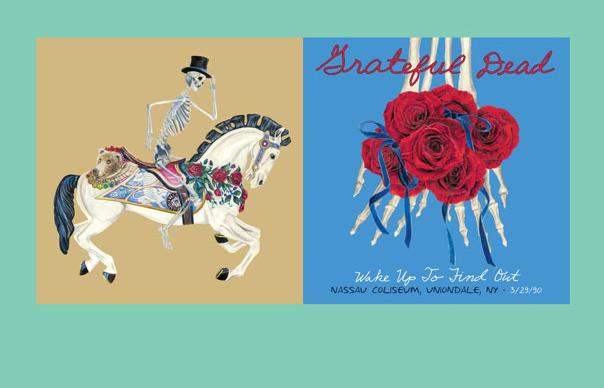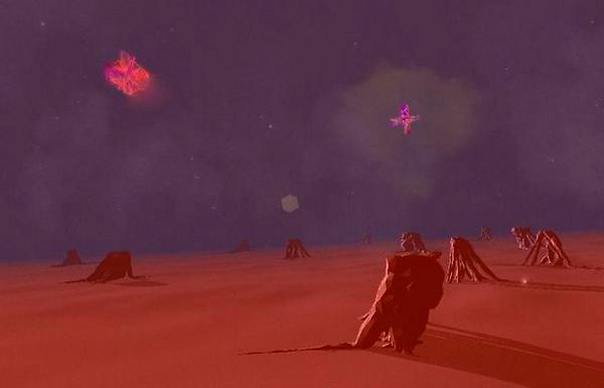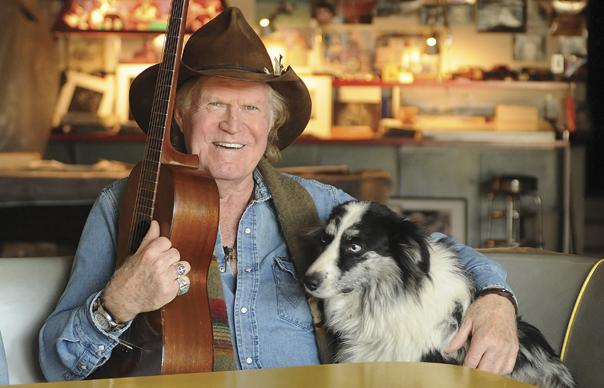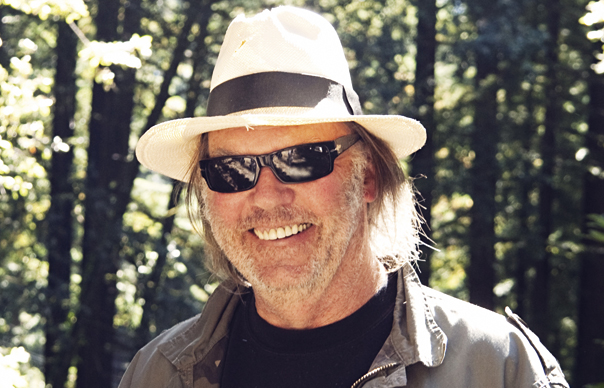After my blog about the Aphex Twin the other week, it's a real pleasure to embed the first leaked track from "Syro" this morning. It's called "minipops 67 [120.2][source field mix]", and I think it's excellent. In haste this morning, since we have the next issue and the next Ultimate Music Guide to wrap up in the next few days. Find time to check out the Nathan Bowles track, though, and there should also be an entire new Plush album somewhere below, that's discreetly appeared on Bandcamp. Follow me on Twitter: www.twitter.com/JohnRMulvey 1 Bonnie “Prince” Billy - Singer’s Grave A Sea Of Tongues (Domino) 2 Nathan Bowles - Nansemond (Paradise Of Bachelors) 3 Various Artists - Uncut's November Free CD 4 Various Artists - Peru Bravo: Funk, Soul & Psych In Peru's Radical Decade (Strut) 5 Chris Thile & Edgar Meyer - Bass & Mandolin (Nonesuch) http://www.youtube.com/watch?v=udikFO1r3Is 6 Julian Casablancas + The Voidz - Human Sadness (Cult) http://www.youtube.com/watch?v=Q8k3qB61lhk 7 Liam Hayes & Plush - Korp Sole Roller (Bandcamp) 8 [REDACTED] 9 SBTRKT - Wonder Where We Land (Young Turks) 10 Radian Versus Howe Gelb - Radian Versus Howe Gelb (Radian) 11 Maggie Bjorklund - Shaken (Bloodshot) http://www.youtube.com/watch?v=DNvIBBU8bL8 12 Savages & Bo Ningen - Words To The Blind (Rough Trade) 13 Heliocentrics & Melvin Van Peebles - The Last Transmission (Now Again) 14 East India Youth - Hinterland (Stolen) http://www.youtube.com/watch?v=k7RLZlbziYo 15 Aphex Twin - minipops 67 [120.2][source field mix] (Warp) http://www.youtube.com/watch?v=RUAJ8KLGqis 16 Dream Police - Hypnotized (Sacred Bones) http://www.youtube.com/watch?v=fwymU0Kv7M8
After my blog about the Aphex Twin the other week, it’s a real pleasure to embed the first leaked track from “Syro” this morning. It’s called “minipops 67 [120.2][source field mix]”, and I think it’s excellent.
In haste this morning, since we have the next issue and the next Ultimate Music Guide to wrap up in the next few days. Find time to check out the Nathan Bowles track, though, and there should also be an entire new Plush album somewhere below, that’s discreetly appeared on Bandcamp.
Follow me on Twitter: www.twitter.com/JohnRMulvey
1 Bonnie “Prince” Billy – Singer’s Grave A Sea Of Tongues (Domino)
2 Nathan Bowles – Nansemond (Paradise Of Bachelors)
3 Various Artists – Uncut’s November Free CD
4 Various Artists – Peru Bravo: Funk, Soul & Psych In Peru’s Radical Decade (Strut)
5 Chris Thile & Edgar Meyer – Bass & Mandolin (Nonesuch)
6 Julian Casablancas + The Voidz – Human Sadness (Cult)
7 Liam Hayes & Plush – Korp Sole Roller (Bandcamp)
8 [REDACTED]
9 SBTRKT – Wonder Where We Land (Young Turks)
10 Radian Versus Howe Gelb – Radian Versus Howe Gelb (Radian)
11 Maggie Bjorklund – Shaken (Bloodshot)
12 Savages & Bo Ningen – Words To The Blind (Rough Trade)
13 Heliocentrics & Melvin Van Peebles – The Last Transmission (Now Again)
14 East India Youth – Hinterland (Stolen)
15 Aphex Twin – minipops 67 [120.2][source field mix] (Warp)
16 Dream Police – Hypnotized (Sacred Bones)


